XPANSE 2024 gathered the brightest minds of exponential tech and deep science
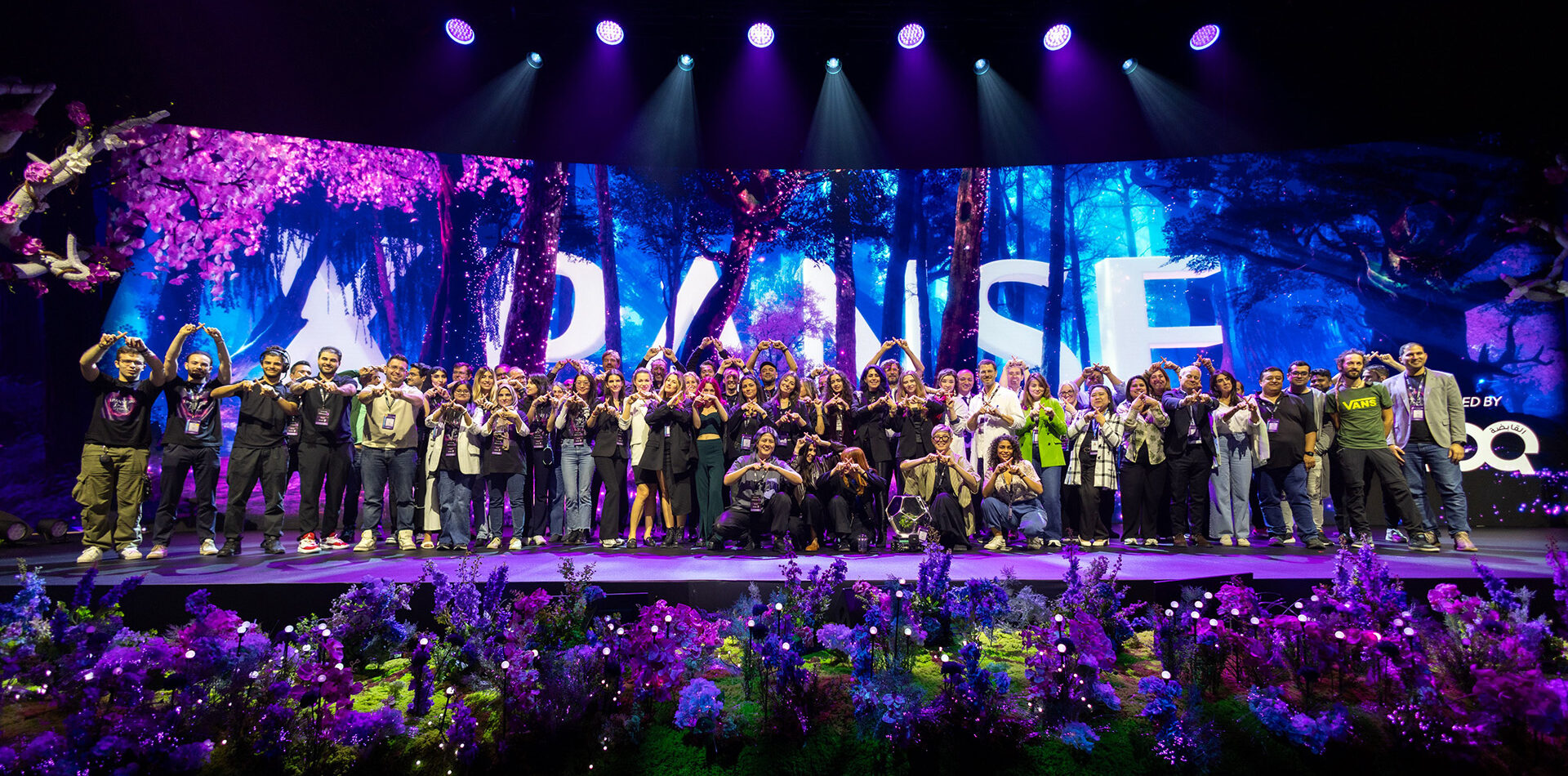
Held at the ADNEC Centre in Abu Dhabi, XPANSE, A first-of-its-kind global forum, delved into the forefront of exponential technologies, including quantum computing, neuromorphic systems, genomics, and synthetic intelligence. More than just a conference, XPANSE 2024 sparked action, created connections, and set the stage for a more innovative and sustainable future.
“We are at the precipice of an era where innovation will outpace our ability to predict its impact,” said Dr. Zina Jarrahi Cinker, Chief Creator of XPANSE, and invited participants to push boundaries to foster collaboration and shape a shared future.

While it’s nowhere near the feeling of actually being there, the videos below will give you a taste of what the three-day experience of XPANSE 2024 looked like:
Day 1What an incredible Day 1 at XPANSE! From mind-blowing innovations to thought-provoking discussions, we’ve kicked off the journey into the future of exponential technologies. But this is just the beginning. pic.twitter.com/p5RujGMhOO
— XPANSE (@XPANSEWORLD) November 20, 2024
Day 2What a journey it’s been so far! From groundbreaking insights to visionary ideas, #XPANSE has been nothing short of extraordinary. Stay tuned for an exciting final day filled with innovation and inspiration at #XPANSE, hosted by @Adq_Official pic.twitter.com/AlyqOQOao6
— XPANSE (@XPANSEWORLD) November 21, 2024
Day 3As we reach the end of the third and last day, we celebrate the groundbreaking ideas, visionary discussions, and innovative technologies that have shaped the future at #XPANSE, hosted by @Adq_Official . pic.twitter.com/s0yyd2VPvv
— XPANSE (@XPANSEWORLD) November 22, 2024
These videos should have given you a better understanding of XPANSE’s inspiration-packed agenda and breathtaking ambiance. Before leaving the rest to your imagination, let’s dive into the event’s highlights.
Exploring new horizons with exponential tech and deep scienceXPANSE was about asking bold questions: how can artificial intelligence drive sustainability? What does the intersection of art and science look like? And how do we ensure that exponential technologies benefit everyone?
Each session provided valuable insights into the future of exponential technologies, from groundbreaking discoveries in material science to the transformative potential of AI and quantum computing. XPANSE 2024 featured many sessions, each of them impressive and unique. You can find information about all of them here.
Here are a few of the highlights from the sessions:
Aligning technology with sustainabilityIn the session titled ‘The Path to a Sustainable World with Technology’ Nobel Laureate Dr. Steven Chu, former U.S. Secretary of Energy, joined Dr. Najwa Aaraj, CEO of the Technology Innovation Institute (TII), to discuss the critical alignment of technological innovation with sustainability goals.
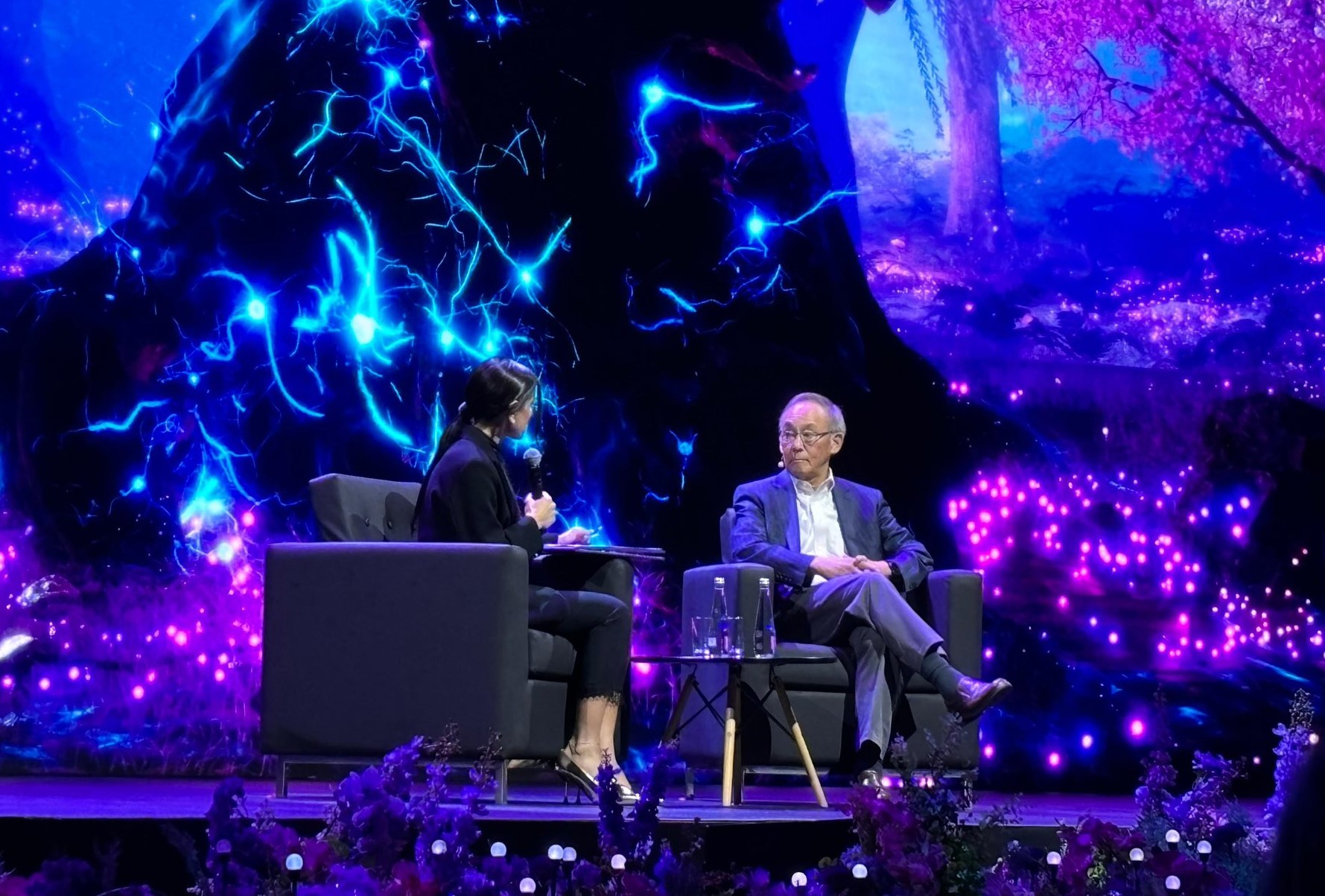
They underlined the urgency of addressing climate change through a comprehensive energy strategy that includes renewable energy, nuclear power, and carbon capture technologies. Dr. Chu emphasized that achieving net-zero carbon emissions by 2050 is unattainable without integrating nuclear energy and carbon capture alongside renewables.
Water purification through quantum chemistry and AIA standout startup pitch by Diana Virgovicova of Xatoms addressed the global water crisis, presenting innovative solutions by combining quantum computing and artificial intelligence. By leveraging the computational power of these technologies, researchers demonstrated how new materials could be discovered and optimized to purify water more efficiently. Virgovicova and her team utilize AI and quantum chemistry to accurately predict 3D models of photocatalytic structures, aiding in cleaning polluted waters across the globe.
This session was another proof, alongside countless others, that exponential technologies are not limited to being theoretical but are actually vital tools for addressing humanity’s most pressing challenges.
Organoid intelligence, a.k.a biological computing of the futureDr. Thomas Hartung introduced the concept of organoid intelligence, a revolutionary approach combining biology and machine learning to create energy-efficient, scalable computing systems.
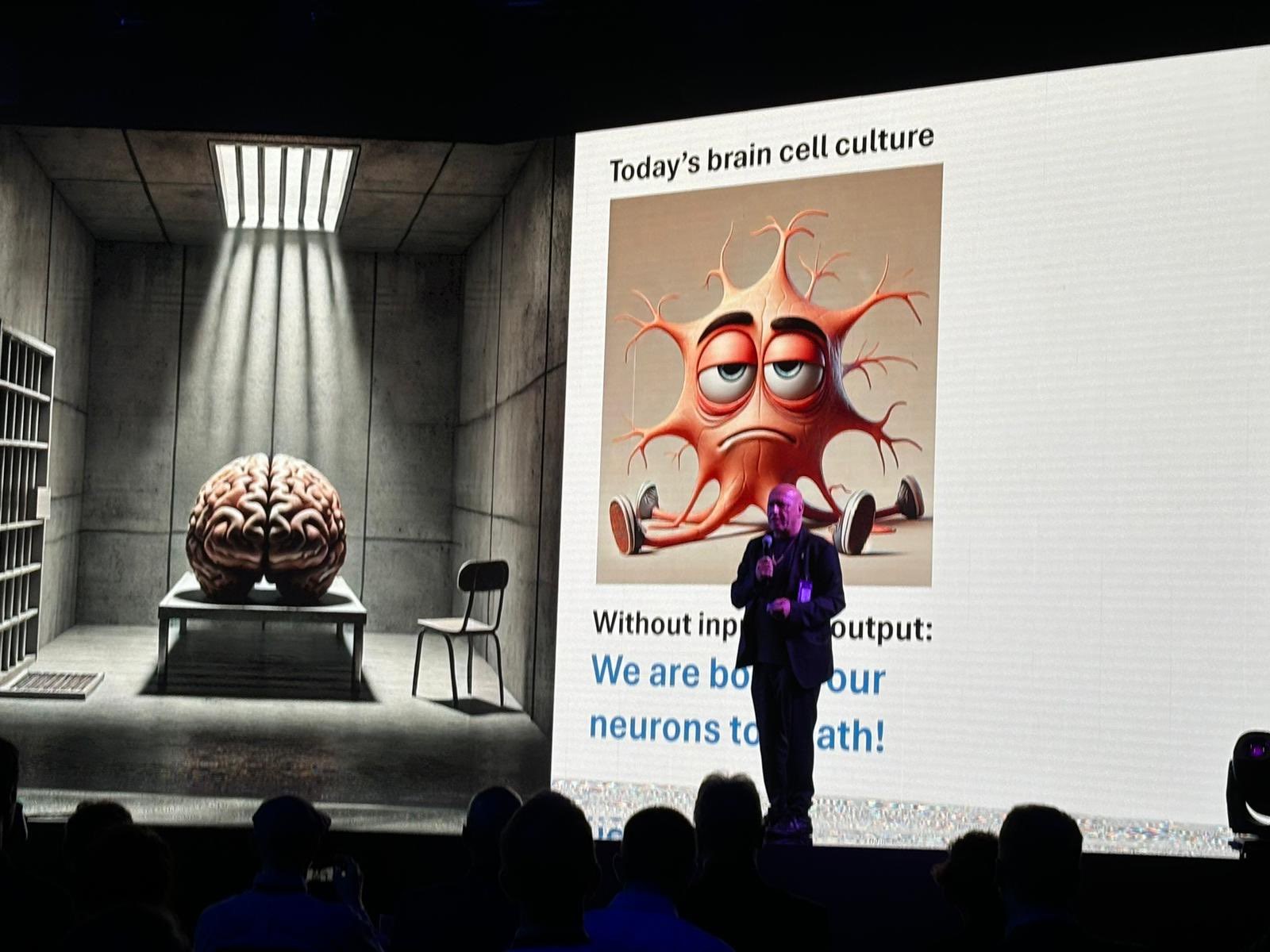
Using human brain organoids—three-dimensional cultures of brain cells—this emerging field offers the potential to outperform silicon-based systems in speed and efficiency while consuming a fraction of the energy. Hartung’s insights hinted at applications ranging from a better understanding neurological disorders to creating more sustainable computational solutions.
Post-quantum materials and systemsNobel Laureate Dr. Dan Shechtman and Dr. Hoda Al Khzaimi explored the transformative potential of next-generation materials. Shechtman predicted a shift in battery technology, replacing lithium with abundant and cost-effective alternatives like sodium and adopting magnesium over aluminum in aerospace.
Al Khzaimi added that graphene, a material known for its strength and conductivity, will likely replace silicon in semiconductors, paving the way for a new era of post-quantum systems and sustainable innovation.
2025 will be the year of quantum science and technologyDr. Mauritz Kop emphasized XPANSE’s critical role in setting the stage for the United Nations’ International Year of Quantum Science & Technology (IYQ).
UN proclaimed 2025 as the year of quantum science and technology. According to the proclamation, this year-long, worldwide initiative will be observed through activities at all levels to increase public awareness of the importance of quantum science and its applications. The year 2025 was chosen as it recognizes 100 years since the initial development of quantum mechanics.
Dr. Mauritz Kop’s session highlighted quantum’s transformative potential across industries while addressing governance frameworks to ensure its ethical and secure deployment. Kop stressed the importance of learning from the pitfalls of AI and the internet to harness quantum technology responsibly, setting a collaborative agenda for the global quantum ecosystem.
Connecting through the presence of absenceMIT Media Lab’s Hiroshi Ishii presented TeleAbsence, a deeply moving project that uses tangible artifacts to create a ‘ghostly telepresence’ of loved ones who have passed away.

By integrating physical objects like typewriters, pianos, and personal belongings with advanced ambient media, the project offers a new way to bridge emotional distances caused by grief. Ishii’s work highlights how technology can connect the past and present in profoundly human ways.
Biocomputing and conscious fungiIn a session exploring biocomputing, Dr. Andrew Adamatzky, Professor and Head of the Unconventional Computing Lab at UWE Bristol, proposed using conscious fungi and nature-inspired models to develop sustainable AI systems.
This innovative approach aims to mimic natural processes for energy-efficient computing, reflecting how biology can inspire groundbreaking technological advancements. These concepts offer a glimpse into a future where computing aligns more closely with the environment.

One of XPANSE’s most unique features was its seamless blending of art and science. “This is THE MOST ambitious, mesmerizing, and groundbreaking experience I have ever created in my entire career, ” Dr. Cinker says.
Krista Kim’s Heart Space installation combined biometric AI with generative art, creating personalized, immersive experiences based on participants’ EKG data. This project exemplified how creativity can bridge technological and emotional connections, turning data into deeply human experiences.
The ART Proxima space further explored this intersection, inviting attendees to engage with interactive exhibits that inspired co-creation. Meanwhile, performances and installations focused on understanding the human condition, with artists and scientists collaborating to push boundaries “until we can see everything,” as Dr. Cinker described it.
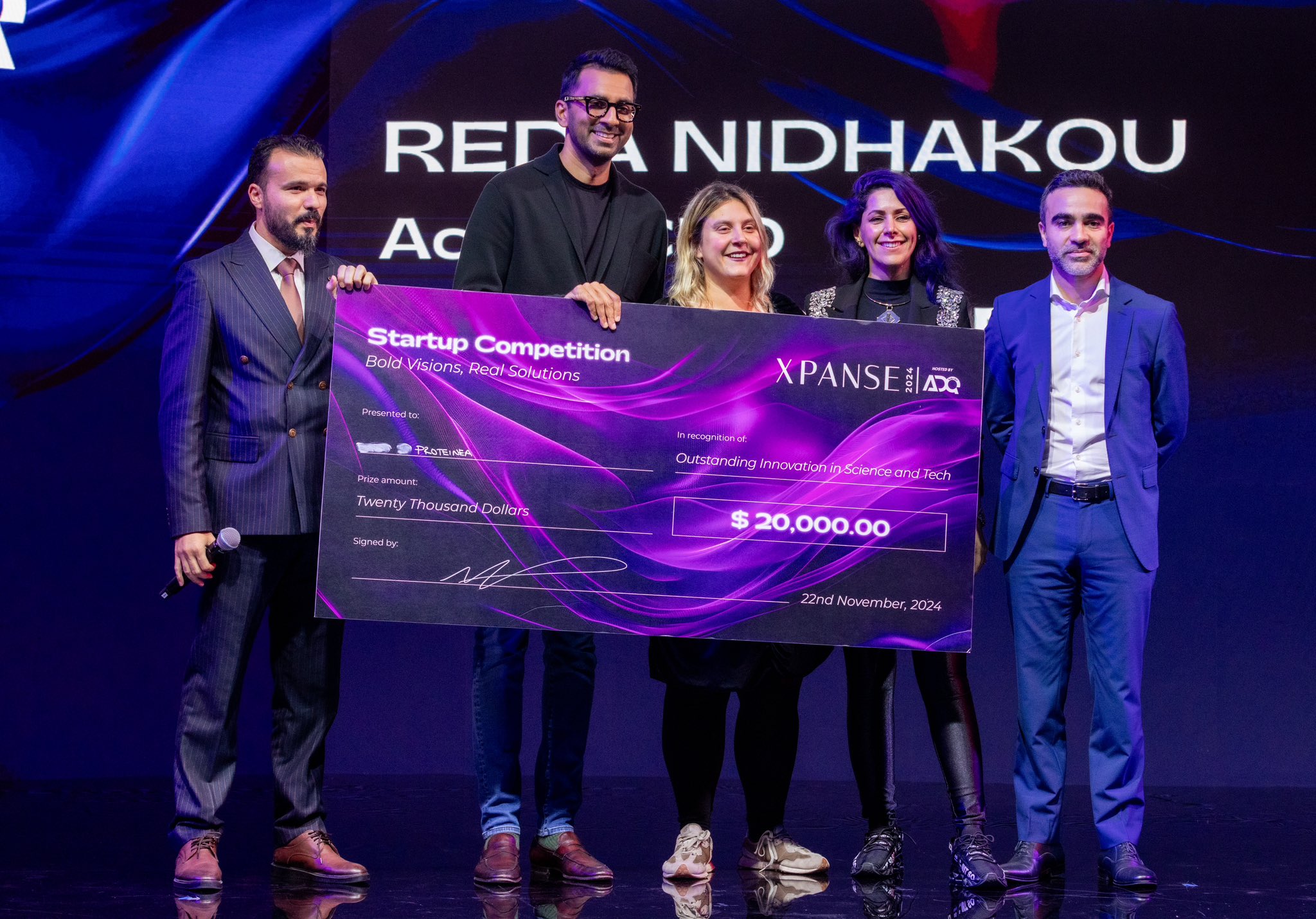
The Lightning Pitches Stage provided a platform for emerging innovators to present ideas that could reshape industries. Startups from diverse fields showcased how exponential technologies can address real-world challenges.
Amine Staali, the founder of Prowonprize of $20,000 in the ‘Best Startup Pitch’ category. His work highlighted the potential of biotech to address critical healthcare needs.
Proteinea is a TechBio startup leveraging proprietary AI models and computational tools to engineer next-generation antibodies with improved efficacy, safety, and convenience. Their approach aims to revolutionize healthcare by accelerating the development of biologics to tackle life-threatening diseases.
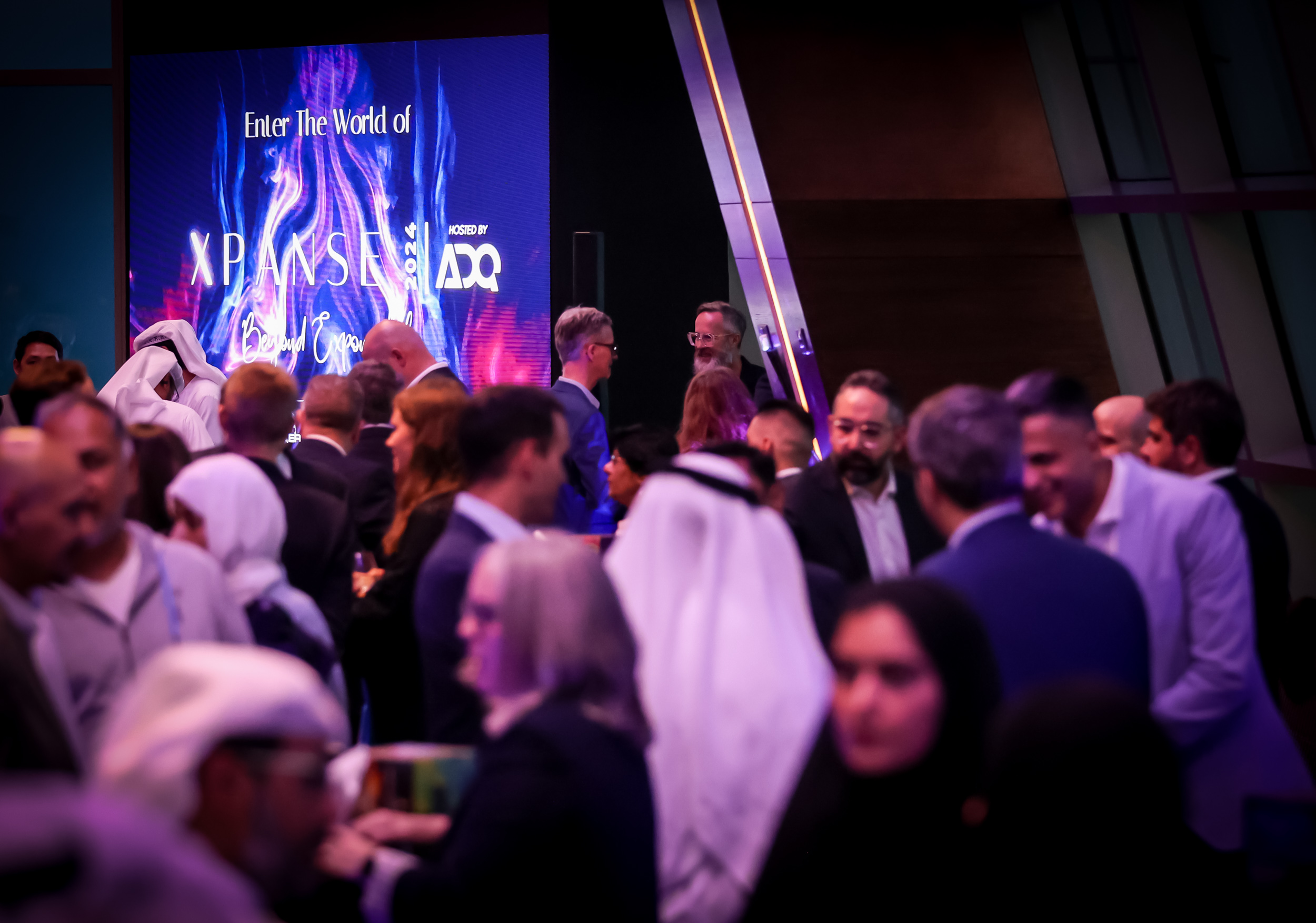
XPANSE 2024 left participants with a renewed sense of purpose. Attendees didn’t just leave with ideas; they left with a commitment to contribute to the future of human knowledge.
Dr. Cinker summarized it well: “We created XPANSE as a forum where those pushing the boundaries of human knowledge can come together with decision-makers to shape the future.” This gathering was not about predicting what’s next but starting to build it.
